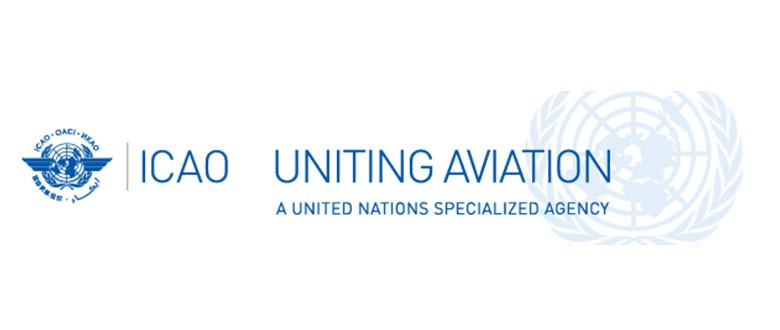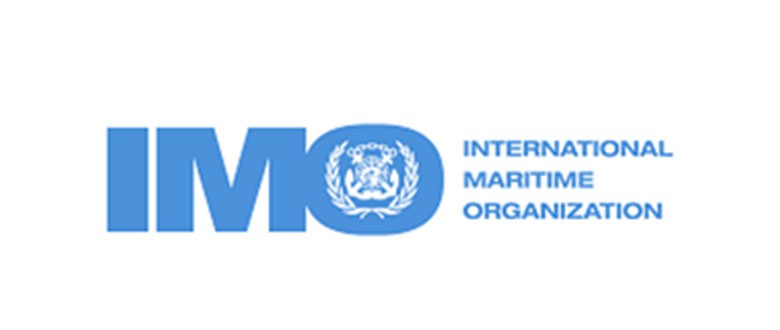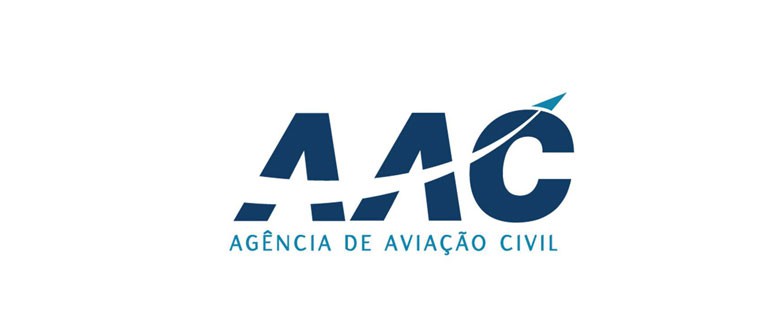"The heart of the accident investigation is based on finding facts, not attributing blame" - Dennis Jones 2021-06-03

1. If you had to summarize, which do you think are the most important aspects to consider in air safety?
It would be quite simple, and that is the training of aviation professional and the operation of aircraft and all the supporting facets, such as air traffic control, and airport services to implement the respective duties and responsibilities at the individual and organizational level following international government and industry standards and practices.
2. What are the biggest challenges regarding air safety?
All modes of transportation will become increasingly dependent on autonomous technology and as such the human factors issues associated with operating the applicable vehicles. As I learned early in my career, new technologies bring on new problems.
3. In your opinion, what is the role of technology and innovation in air safety?
As it has been since the inception of aviation, technological advancements have assisted tremendously in the improvement of aviation safety. The emerging technology will continue to enhance safety in all modes of transportation.
For example, early in my career, there were several accidents and incidents annually involving general aviation aircraft of which the pilot would lose his way or become lost during a flight.
However, with new navigational technologies, such as GPS, those occurrences have become essentially nil.
4. Do you feel that the greatest asset in prevention is people?
Absolutely. The most valuable assets are the people. In the aviation safety business, it is often expressed that it’s the successful interactions of the liveware, software and hardware that leads to positive outcomes in transportation. Consequently, liveware is a key element in that synergy.
5. Is it fair to assume that most accidents are caused by the human factor?
Yes, in most accident and incidents, human errors have been attributed to about 70% of the occurrences for decades. However, human error must be evaluated at the organizational and system-level rather than at the individual level where blame is often assessed. The business of accident investigation is to conduct fact-finding, not fault-finding, and to identify the precursors at the root of the sequence of events leading to occurrences.
6. What is the role of an investigator in the event of an aircraft accident?
The purpose of the investigation, and thus the responsibility of an air safety investigator is to determine the facts, conditions, and circumstances surrounding an accident and to take steps to implement corrective and remedial actions to prevent similar occurrences.
7. You became Managing Director of NTSB in January 2017. What was it like to lead the organization as the first African American director?
My tenure as Managing Director was a distinguished honor and privilege, especially to serve a federal government agency that is considered prestigious among its domestic and international organizational counterparts and likewise largely viewed positively by the traveling public. I certainly recognize and treasure the historical significance of holding the rank as an African American. However, given that such was the case in almost all the positions I held during my ascendancy in the agency over the decades, the pioneering distinction was something that I had become accustomed to throughout my career and fully embraced the role-model aspects at each step.
8. Your biggest case was in 1980 involving Northwest Airlines flight 255 in Detroit. How was the investigation process of this accident?
Although NW255 was my first major catastrophic investigation participation, I would not consider it my biggest case.
Over the years, including in Africa and other continents, I have represented the NTSB, essentially the US government, in dozens of high-profile and consequential cases involving multiple fatalities and public figures. Some of the more memorable investigations were leading the US teams participating in three major airline crashes that occurred in one year (2005-2006) in Nigeria, heading an international team that investigated the aircraft accident that resulted in the death of the Vice President of Sudan in July 2005 (the outcome of the investigation was credited with averting civil war in the country), and my last key assignment before becoming Managing Director, that is leading the US effort in the investigation of Malaysia Flight 370, the widely covered missing airline flight.
In respect to the question posed about NW255, the investigation process was standard whereby the US and international protocols for conducting an investigation were strictly followed, and it was my first opportunity to work with a large team and to experience the traumatic impact of a commercial airline crash. It was indeed a learning experience and an important preparatory step for what would await me in the years ahead.
9. In your career of more than 40 years, you have already participated in the investigation of more than 1,500 aviation accidents. What is your assessment of your career?
I was drawn to aviation because of my interest to fly airplanes, which I did at a relatively young age, and in that respect that I would strive to practice that interest by absolutely avoiding involvement in any matters associated with a crash. Therefore, given that objective, it is ironic that I would become involved deeply and become an expert in the investigation of accidents at the highest level and on a worldwide basis, in addition to one day being the senior executive at a government agency responsible for aircraft crash probes is truly amazing and well beyond what I had envisioned at the start of my career.
10. What is your assessment of these training days in Praia?
The training experience has been a pure joy. I have been specially struck and impressed with the enthusiasm, astuteness, knowledge, skills, and abilities of the training participants. I have developed a strong sense that the aviation community for the country and region are firmly committed to aviation safety and using accident/incident investigation as a vital tool to prevent accidents and incidents.
11. How do you see the aviation industry in Cabo Verde?
My first trip to Cabo Verde was in September 2013, and I was only in the country for less than 48 hours.
However, during this visit of nearly 2 weeks, I have had the opportunity to tour Santiago during which I was moved to express frequently to colleagues that the potential of aviation in the country is enormous for a variety of economic sectors, including trade, tourism, and transport. Medical emergency service (Medivac), seaplane, and helicopter operations are just a few areas of the aviation segments that would benefit the nation.







